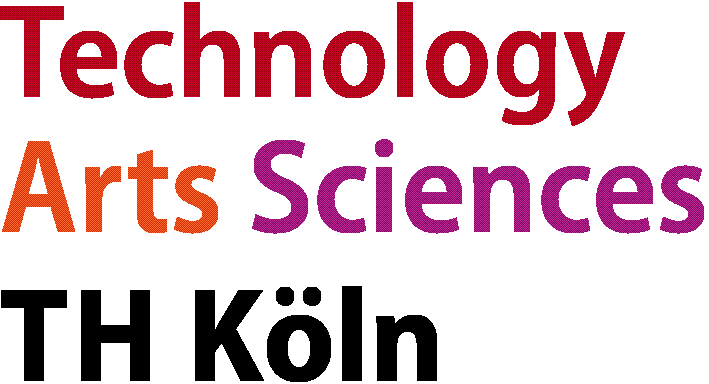
|
|
Motivation
For about a quarter of a century, developments in IT have had a major influence on automation technology. The importance of these developments for the hardware as well as the software sector is further increasing. Currently, a process of integration of industry automation equipment is in progress. In particular, the technical and commercial use of computer and internet technologies are of great importance for the development of local and globally distributed automation solutions.
The usage of computer science in the automation of industrial processes is a major element of automation engineering. Examples include the use of microcontrollers (μC) and digital signal processors (DSP), which are increasingly being programmed in an object-oriented manner in high-level languages. Communications networks (field bus systems, local data networks, the Intranet and the Internet) make required data available in real time needed for exchanging information between the various levels and components of automation systems and processing it in such systems. Use of the capabilities of modern operating systems (e. g. OPC) permits linkage of automation computers with others across boundaries in administrative computer applications such as SAP R3.
The mega trend of ubiquitous computing implies that electronic signal processing components will in future have an even greater influence not only on the distribution of goods but also on many aspects of our daily lives. These developments in turn mean that the demand for automation engineering methods, concepts and technologies will increase.
Employers of master's degree holders
Considering the major trends in technology it seems likely that the disciplines of computer science and automation engineering will increasingly overlap. Automation engineers will have to pay greater attention to IT and computer science. New developments like ubiquitous computing and AI (artifical intelligence) will offer promising opportunities for automation engineers.
Current career prospects in automation engineering are generally considered to be excellent.
Potential employers are:
- Users of automation technology in manufacturing, process and power station engineering as well as facility engineering
- Automation engineering system integrators
- Engineering and software development companies
- Producers of industrial automation components (devices, control systems, etc.) and digital communications systems
Course aims and profile
The course will focus on the following areas:
- Automation and Control
- Modelling and Simulation
- Industrial IT
- IT security
- Communication systems
- Robotics
A good foundation for the application-oriented “Master of Engineering in Automation & IT” are six or seven semester-long Bachelor degree courses in automation or electrical engineering.
The main aim of the course is to expand students' knowledge and methodological skills in automation technology and application-oriented computer science. The master's degree course also expands students' capabilities to adopt a systems approach in their projects. The program fosters analytical thinking and thereby increases the student’s abilities to meet the demands of rapidly changing technologies. Graduates will be prepared for responsible positions in research, development, production and management.
The course ends with the award of the degree:
Master of Engineering (MEng)
|
 |

|


![Deutsch version not yet available [ger]](http://www.master-ait.de/common/flag_ger_inactive.gif)
![Englisch [eng]](http://www.master-ait.de/common/flag_eng.gif) Englisch
Englisch